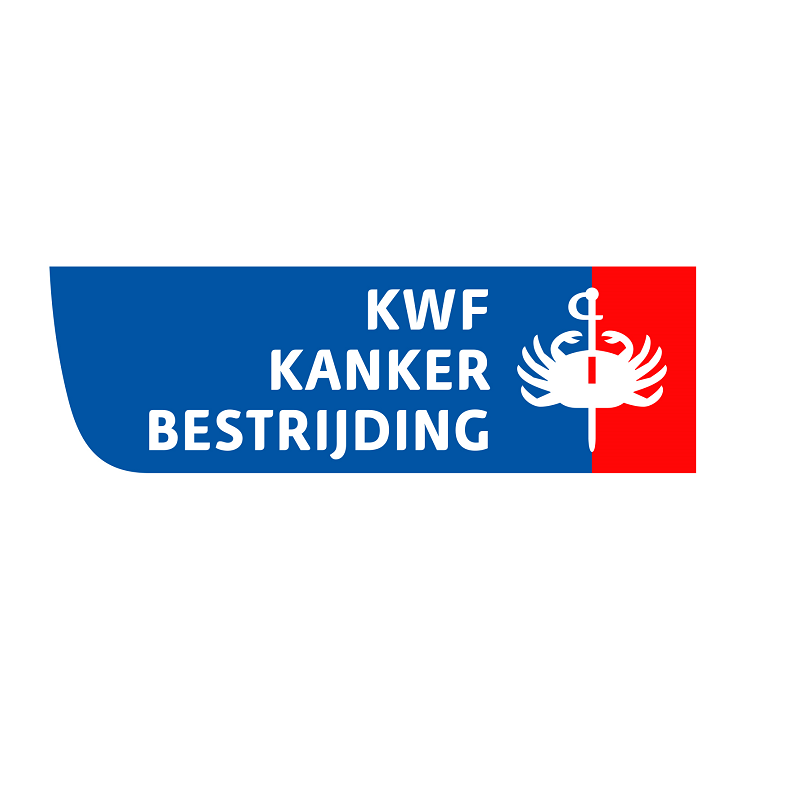Evaluation of a shortened MRI protocol for liver cancer screening in high risk patients

Project summary
Hepatocellular carcinoma (HCC, primary liver cancer) is a dreaded complication of viral hepatitis and cirrhosis with approximately 500 deaths each year. It is important to detect HCC at an early stage, therefore patients with hepatitis and cirrhosis are screened for HCC every 6 months by means of an ultrasound examination of the liver. However, a study of our own patient population with HCC has shown that the results of ultrasound are clearly inferior to those of MRI for the detection of HCC.
Based on our insights, we have developed an abbreviated MRI protocol (short MRI screening, SMS protocol) which is derived from the existing extensive clinical MRI liver protocol (full MRI) for the diagnosis of HCC. Through our own research we have been able to demonstrate that the SMS protocol can be an adequate screening protocol for the detection of early HCC. The next step is to prove that SMS is adequate in practice and is also cost effective when compared to the current standard (echo).
Impact
Although the initial costs for the SMS protocol are slightly higher than for an ultrasound examination, the cost-effectiveness in the long term focuses on being able to properly treat the timely detected HCC with a very realistic chance of recovery. This means a great profit for the patient and his/her immediate environment. In addition, we believe that the SMS protocol is potentially cost-effective in healthcare and therefore serves a social interest.
More detailed information
Principal Investigator:
dr. Roy Dwarkasing
Role Erasmus MC:
Coördinator
Department:
Radiologie & Nucleaire Geneeskunde
Project website:
Funding Agency:
KWF



